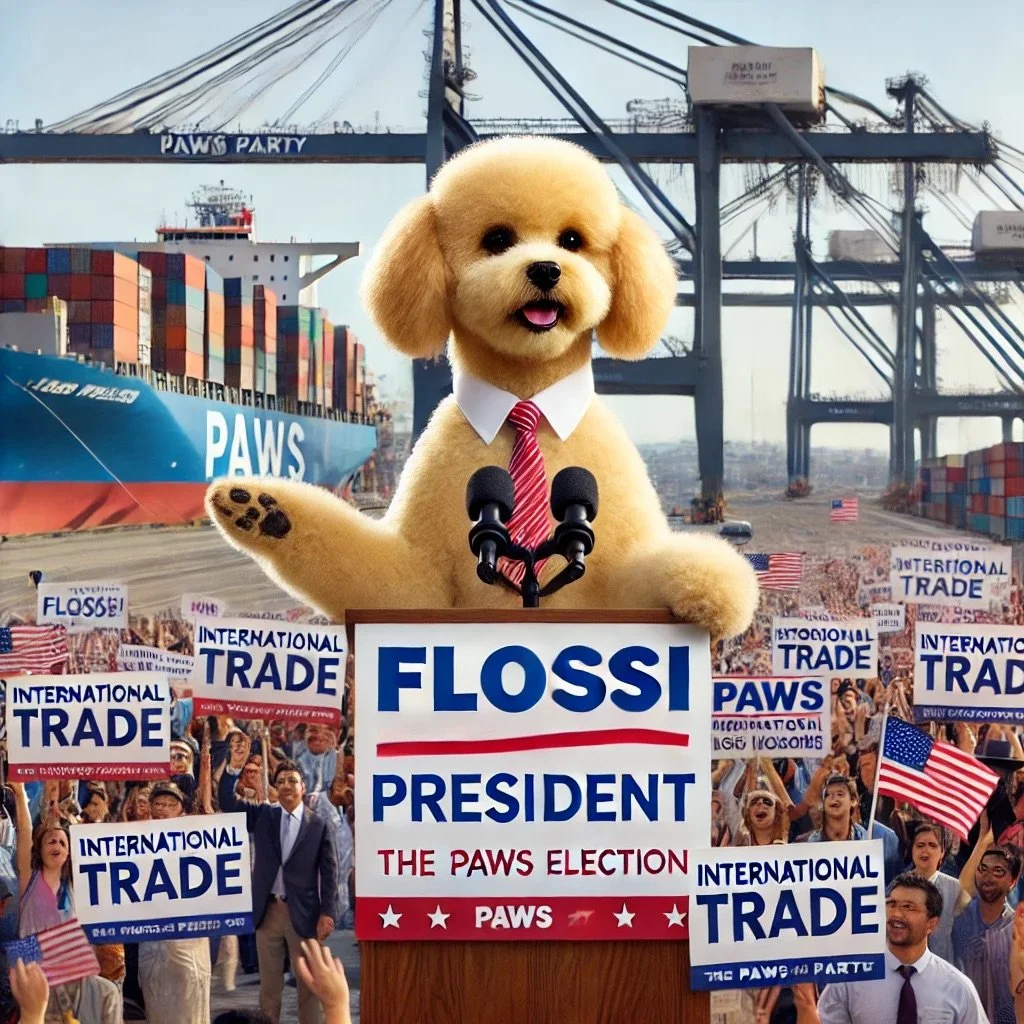The Tension of Trade
Adam Smith, the father of modern economics, discussed international trade extensively in his seminal work, "The Wealth of Nations" (1776). He advocated for free trade as part of his broader theory of economic liberalism. He argued that international trade benefits all nations by allowing them to specialise in what they produce best.
Key Concepts from Adam Smith on International Trade:
1. Theory of Absolute Advantage:
- Adam Smith introduced the concept of absolute advantage in international trade. He argued that countries should specialise in producing goods with an absolute advantage (i.e., where they can produce more efficiently than other nations).
- If each country specialises in producing goods where it holds an advantage and trades with other countries, all nations involved would benefit, leading to higher global efficiency and wealth.
Example: If Country A is better at producing wine and Country B is better at producing cloth, it makes sense for Country A to focus on wine and trade with Country B for cloth, and vice versa.
2. Division of Labor:
- Smith believed that the division of labour, which boosts productivity, could extend beyond national borders. By focusing on their strengths, countries can maximise production efficiency and trade for goods they cannot produce as efficiently.
- He applied this principle to international trade, arguing that nations should trade with each other to take advantage of the division of labour on a global scale.
3. Opposition to Mercantilism:
- Adam Smith was highly critical of the mercantilist view, which dominated European economic policy then. Mercantilism emphasised accumulating wealth through heavy regulation, tariffs, and trade surpluses.
- Smith argued that trade surpluses were not the key to national wealth. Instead, he believed that free trade, driven by competition and market forces, would increase the wealth of nations by promoting specialisation and innovation.
4. Mutual Benefits of Trade:
- Smith famously argued that international trade is not a zero-sum game, where one nation’s gain is another nation’s loss. Instead, trade benefits all participants by enabling them to focus on what they do best, leading to increased efficiency and wealth for everyone involved.
Key Quote: “It is the maxim of every prudent master of a family, never to attempt to make at home what it will cost him more to make than to buy.”


